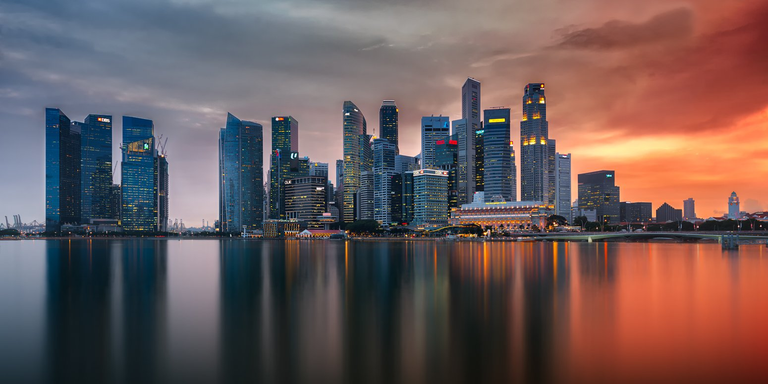Overview
I personally am not too knowledgeable on the healthcare system of the United States. I know it can be difficult for families with low income and the debt that comes from healthcare payments can be insanely crippling. I also know that health insurance companies are notorious for denying claims and taking forever to get the price situated, and it we have seen what that drives people to with the recent CEO assassination. As a result, there are certainly some issues with the United States healthcare system. Many countries have universal healthcare, but the one Dr. Flynn talked about the most was Singapore. This country has a free market form of health care, which gives you the price and allows competitive practice within the health care industry. The doctors there are elite, typically United States taught. And the consumers have options on who to go to. Hearing all of this, I actually like this system a lot. It brings the classic entrepreneurial capitalist market system to healthcare without all of the insurance stuff. But would that actually work in the United States? Dr. Flynn says it would be scalable, but the culture might not fit it.
Healthcare Savings
Singaporean citizens utilize a healthcare savings strategy to ensure they have money reserved for any situation. I believe this comes through their jobs naturally, but can also be accredited however they like. This is the main reason they do not need insurance. It should be noted that Singapore has a population of almost 6 million, and is a very small country in terms of size. As a result, this strategy likely works quite well due to the fact Singaporeans may be financially better with their money than other countries are. In addition, Singapore also institutes an endowment or trust fund type of system (basically they put untouchable money away for a cause) designed specifically for healthcare needs of families that cannot afford it. This government grant system would work well in a small country, but in a larger country like the United States, sifting through all of the applicants and making sure they are legitimate would be an enormous task. These two things essentially allow the reduced need for insurance, and formats the Singaporean healthcare system to function as it does. But would this work in the United States? Singapore is the only country on the planet to utilize this type of healthcare system. And while I do think it is a great healthcare system, it has yet to be tested on a large-scale population across a ginormous country. The system already works efficiently for unrecognized treatments by insurance, such as Lasik and Plastic Surgery, but these are typically done cosmetically or by people that can already afford it. It does not usually include the families that are relying on medical procedures as a want, but rather a need for saving a life. Therefore, looking at it through that small perspective cannot conclusively say that it will work as intended in the United States. Another thing to note, Singapore has that grant system for families that is easy to fill out if they are in need of emergency medical funds. However, that system in the United States would have to be facilitated at an enormous level. A lot more money would be in that reserve, and a lot more forms and background checks will need to be performed to ensure the money is going to the right people. But hey, DOGE is already uncovering the fact that the United States already sucks at doing this, so maybe it wouldn't be impossible!
Would the Singaporean Healthcare System Work in the United States?
If adopted at a large-scale with the elimination of healthcare insurance and government help in a larger-scale system than what Singapore does in terms of medical grant money, I don't see why it wouldn't. It works well in Singapore and their economy is similarly free market. The only two issues that aren't coming along on this theoretical are: #1, the culture of the United States and how people spend their money currently, and #2, it has not been tested on a scale as large and diverse in economic range as the United States. Singapore is the only country that uses it with only 6 million people in a city-state country, and they have a very clean and intelligent culture that has been created. They have a really high GDP per capita as well, which means they are a well-off nation. As a result, I think this system can thrive in a place like Singapore, but with the culture and wide range of the United States, I don't know if this system would have a good chance. But our current system definitely needs some re-working so I would be in favor to try it out!
